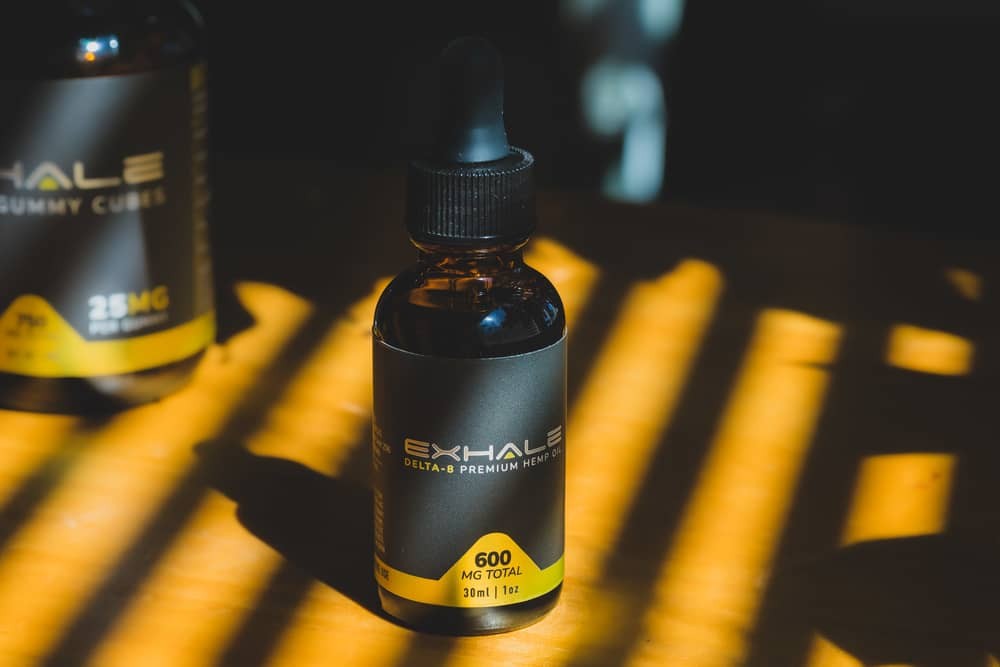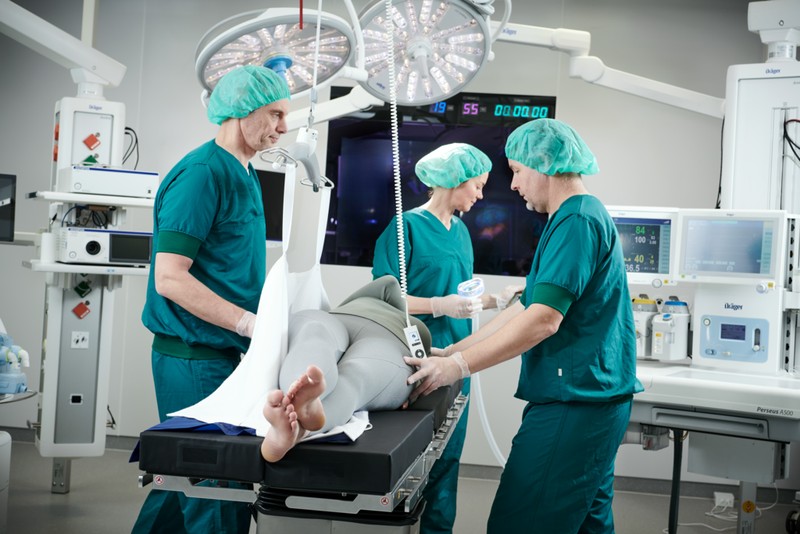Medication-assisted treatment (MAT) has become a vital component of addiction rehabilitation, especially for those with alcohol and opioid use disorders. Through the use of behavioral therapy and counseling along with FDA-approved pharmaceuticals, MAT assists individuals in controlling cravings and lessening withdrawal symptoms. In Massachusetts, various treatment facilities, such as an Addiction Treatment Center in Massachusetts, offer MAT programs to help individuals achieve long-term recovery.
Even with its demonstrated efficacy, MAT is still a contentious issue that raises concerns about stigma, long-term effectiveness, and dependency. In this blog, we’ll examine the MAT controversy and show how useful it is for treating addiction, particularly in settings like a Partial Hospitalization Program in Massachusetts or an Intensive Outpatient Program in Massachusetts.
What is Medication-Assisted Treatment?
MAT combines comprehensive behavioral therapy with drugs like methadone, naltrexone, and buprenorphine to promote recovery. These drugs function by restoring normalcy to bodily functions, preventing the euphoric effects of narcotics, and balancing brain chemistry without the harmful side effects of drug abuse. Programs like a Partial Hospitalization Program in Massachusetts or an Outpatient Program in Massachusetts can provide structured environments where MAT is effectively administered.
Benefits of MAT
Numerous research studies have demonstrated that MAT greatly enhances treatment outcomes. Withdrawal symptoms and cravings are lessened by MAT, freeing people from the ongoing load of physical misery so they can concentrate on their recovery journey in Medication-Assisted Treatments in Massachusetts.
Here are some key benefits:
- Decreased Overdose Risk: MAT reduces the likelihood of lethal overdoses, particularly in those recovering from opioid addiction. Naltrexone inhibits the euphoric effects of opioids to prevent relapse, whereas methadone and buprenorphine stabilize opioid use.
- Better Retention in Treatment: Individuals in MAT are more likely to continue participating in treatment plans, such as a Partial Hospitalization Program in Massachusetts or an Intensive Outpatient Program in Massachusetts. Once cravings are under control, individuals can focus on the behavioral and psychological aspects of their recovery.
- Decreased Chance of Relapse: By addressing the physical component of addiction, MAT helps sustain long-term recovery, reducing the risk of relapse.
- Holistic Support: The best results from MAT come from combining it with counseling and therapy. Programs like an Outpatient Program in Massachusetts offer a comprehensive approach that addresses both the physical and mental aspects of addiction.
Understanding the Debates Regarding MAT
Even with its success, MAT is frequently the subject of debate. Some critics of MAT contend that treatment just creates a new addiction, while others express worries about the long-term effects of methadone and buprenorphine dependence.
The Guilt of “Substituting One Substance for Another”
One of the most common complaints is that MAT replaces one drug dependency with another, especially with opioid agonists like methadone and buprenorphine. Some argue that these drugs exacerbate addiction by creating a new habit. However, treatment programs like those offered at an Addiction Treatment Center in Massachusetts emphasize a balanced approach to ensure proper use and long-term recovery.
Long-Term Use and Dependency
An additional concern is the extended use of MAT. While some patients can gradually taper off their medication, others may need long-term use. MAT programs at places like a Partial Hospitalization Program in Massachusetts ensure that treatment is personalized to each individual’s needs.
Fears of Misuse and Diversion
Concerns about the misuse and diversion of MAT medications, particularly buprenorphine and methadone, are valid. However, research shows that the benefits of MAT far outweigh the risks. With proper medical supervision in settings like an Intensive Outpatient Program in Massachusetts, the risk of misuse is significantly reduced.
Conclusion
For many patients, MAT has proven to be a life-saving therapeutic option. Even with the ongoing debates about its use, it’s important to balance those concerns with the undeniable benefits MAT provides. Through the management of cravings, prevention of relapse, and comprehensive support offered in programs like the Addiction Treatment Center in Massachusetts, MAT helps individuals regain control of their lives and achieve long-term sobriety.





